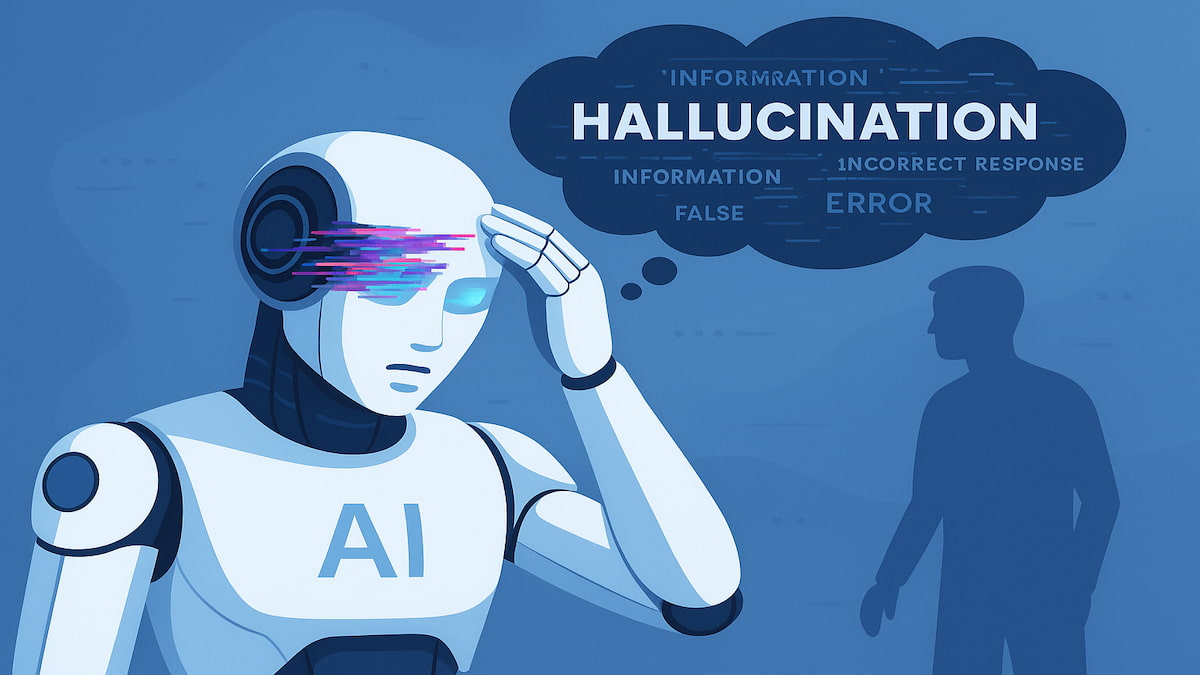Massachusetts Institute of Technology researchers have developed a compact ultrasound system designed to make breast cancer screening more accessible and frequent, particularly for people at higher risk.
The portable device could be used in doctors’ offices or at home, helping detect tumours earlier than current screening schedules allow.
The system pairs a small ultrasound probe with a lightweight processing unit to deliver real-time 3D images via a laptop. Researchers say its portability and low power use could improve access in rural areas where traditional ultrasound machines are impractical.
Frequent monitoring is critical, as aggressive interval cancers can develop between routine mammograms and account for up to 30% of breast cancer cases.
By enabling regular ultrasound scans without specialised technicians or bulky equipment, the technology could increase early detection rates, where survival outcomes are significantly higher.
Initial testing successfully produced clear, gap-free 3D images of breast tissue, and larger clinical trials are now underway at partner hospitals. The team is developing a smaller version that could connect to a smartphone and be integrated into a wearable device for home use.
Would you like to learn more about AI, tech and digital diplomacy? If so, ask our Diplo chatbot!










